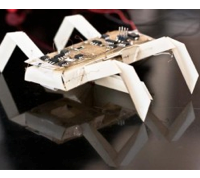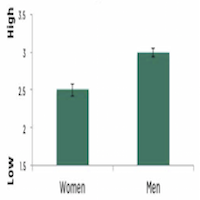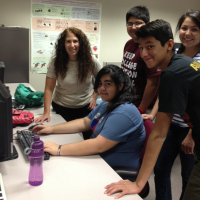
Origami-Inspired Robots Spring to Life
Inspired by the traditional Japanese art form of origami, researchers from Harvard University and Massachusetts Institute of Technology (MIT) have figured out how to take flat sheets of specialized paper and plastic and make it self-fold into a complex machine that can “get-up and go”.











